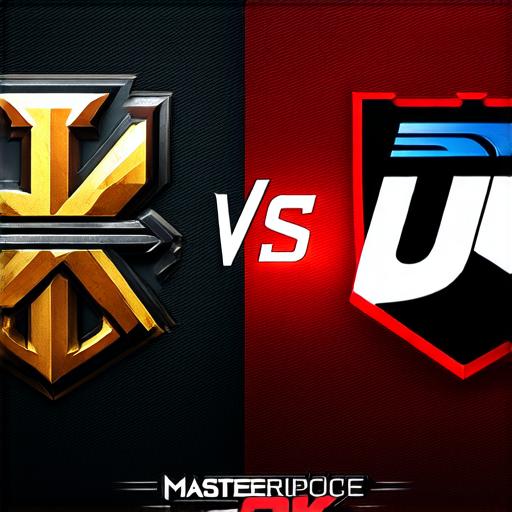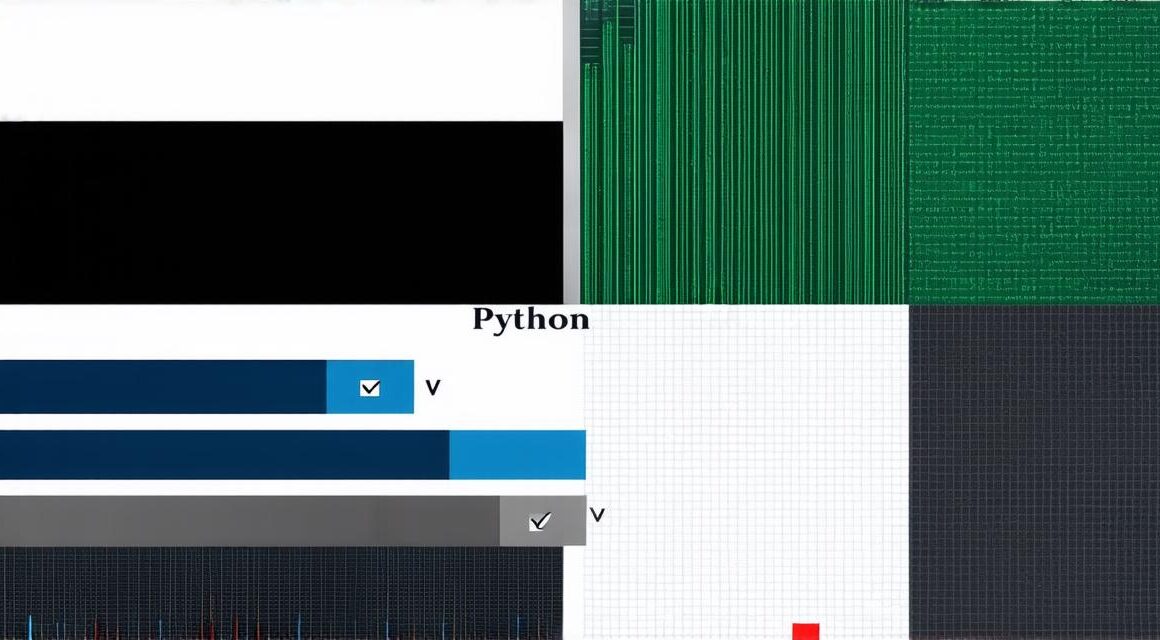When it comes to game development engines, two of the most popular options are Unity and Unreal Engine. Both engines have their own strengths and weaknesses, so which one is superior will depend on your specific needs and goals. In this article, we’ll explore the key features and capabilities of both engines, as well as their respective advantages and disadvantages, to help you make an informed decision about which engine is right for your game development project.
Unity:
Unity is a cross-platform game engine that supports a wide range of platforms, including Windows, macOS, Linux, iOS, Android, and more. It’s known for its ease of use, powerful scripting capabilities, and extensive community support. Some of the key features of Unity include:
- A built-in editor with drag-and-drop functionality, allowing developers to create complex scenes and objects without writing code
- Support for C and JavaScript, making it easy for developers to write scripts in their preferred language
- Advanced graphics capabilities, including support for shaders and particle effects
- * Integration with a wide range of third-party tools and services, such as Unity Analytics and AdMob
One major advantage of using Unity is its extensive community support. Unity has a large and active community of developers who create and share assets, plugins, and tools to help streamline the development process. Additionally, Unity’s wide range of supported platforms makes it an excellent choice for creating cross-platform games that can run on multiple devices and operating systems.
However, one potential downside of using Unity is its somewhat limited support for more advanced graphics features, such as ray tracing and global illumination. Additionally, Unity’s built-in assets and tools can be quite resource-intensive, which can be a problem for smaller studios or projects with tight budgets.
Unreal Engine:
Unreal Engine is another popular game development engine that is known for its powerful graphics capabilities and support for advanced features such as ray tracing and global illumination. It also supports a wide range of platforms, including Windows, macOS, Linux, iOS, Android, and more. Some of the key features of Unreal Engine include:
- A built-in editor with advanced scripting capabilities, allowing developers to create complex scenes and objects with ease
- Support for C++, making it easy for developers who prefer a lower-level programming language to write scripts
- Advanced graphics capabilities, including support for shaders, particle effects, and other advanced visual effects
- * Integration with a wide range of third-party tools and services, such as Unreal Analytics and AdMob
One major advantage of using Unreal Engine is its powerful graphics capabilities. Unreal Engine’s support for advanced features such as ray tracing and global illumination makes it an excellent choice for creating games with stunning visual effects and realistic lighting. Additionally, Unreal Engine’s extensive community support and wide range of assets and tools make it a popular choice for developers who want to create complex and ambitious projects.

However, one potential downside of using Unreal Engine is its more challenging learning curve compared to Unity. Unreal Engine’s built-in editor and scripting capabilities can be quite advanced, making it a good choice for experienced developers who are comfortable with lower-level programming languages. Additionally, Unreal Engine can be resource-intensive, which can be a problem for smaller studios or projects with tight budgets.
In conclusion, both Unity and Unreal Engine have their own strengths and weaknesses, making them suitable for different types of game development projects. If you’re looking for an easy-to-use engine with extensive community support and wide platform compatibility, Unity is a great choice.



